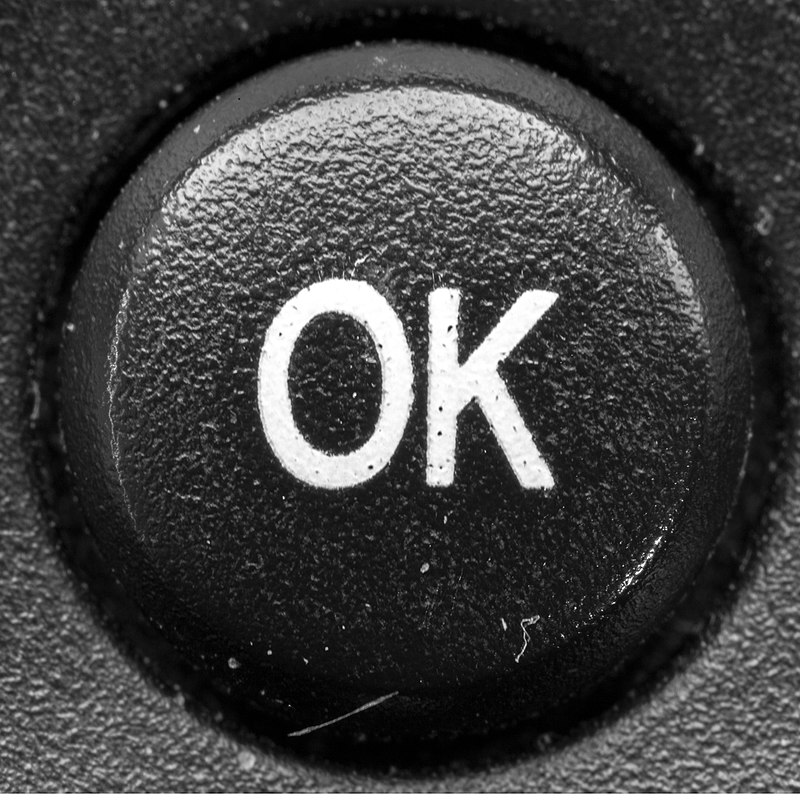here is some free and unsolicited advice. agree/disagree?
situations you will want a cordless drill:
- you are working where there is not guaranteed convenient electricity available
- you need to be extremely mobile and a cord would be hazardous or very inconvenient
- wet environments? idk
examples: rough construction, outdoors, drywall racing
benefits of a corded drill:
- no batteries to charge
- no batteries that can be stolen
- no batteries you can lose or break
- no need to plan around charging batteries
- no batteries which allow the manufacturer to twist your arm into buying a new device when the old one works just fine; less susceptible to planned obsolescence
- no batteries to weigh the tool down: lighter and more comfortable to use the tool and better balance
- tool is smaller and easier to use in cramped situations
- don’t need a case, charger, extra batteries or other junk
- one less thing to go wrong; more repairable if it does
- more powerful
you are in a comm called “DIY” = you are probably always working near a power outlet and not going very far. consider a corded drill instead of mindlessly going cordless.
Make sure you get a decent extension cord. I used heatshink tubing to add an extra 6ft to my cord, that makes it long enough for many applications. Sometimes I tie on an extra one.

There are all intresting points. I get the vibe that it might be for more pro useage? Like having 7 to 12 tools. I have 1 power tool I do much with and it’s just the drill. There’s a few more I’d like to pick up but I haven’t needed them so far. So I get by with hand tools. I’m thinking of people in my situation which is “DIY”. Pros have their own systems going on. Maybe this makes sense for them
If you are an occasional user do you just leave it charging 24/7 in case you need it? Doesn’t that cost on the power bill? Or you leave it un charged and then charge it prior to use? Sometimes i don’t touch my drill for 6 months then I pick it up and use it for 16 hours 3 days in a row. Am liable to find out after 7 hours that it just don’t have the juice anymore? My experience with batteries is they don’t like to be left for a long time.
I would be more comfortable with cordless tools if they came with a power cord you could use instead of a battery. Like a conversion unit. I looked into DIYing that any it was above my pay grade.
Chargers will bring a battery to full, then disable the charging circuit. Theyll monitor the battery voltage, and assuming its on the charger just sitting for months (it takes a long ass time for unused good cells to lose enough voltage to kick the charger back on. A milwaukee 18v slow charger pulls about 250-300 watts, which isnt much) the charger still uses some power when plugged in and not charging, but very little. I would imagine maybe 50 watts or less.
Also lithium cells have a charge/discharge life span. Think roughly 300-350 charges before degraded wnough to warrant replacement. That means that one battery pack, charged daily, will last about one year before it could stand to be replaced.